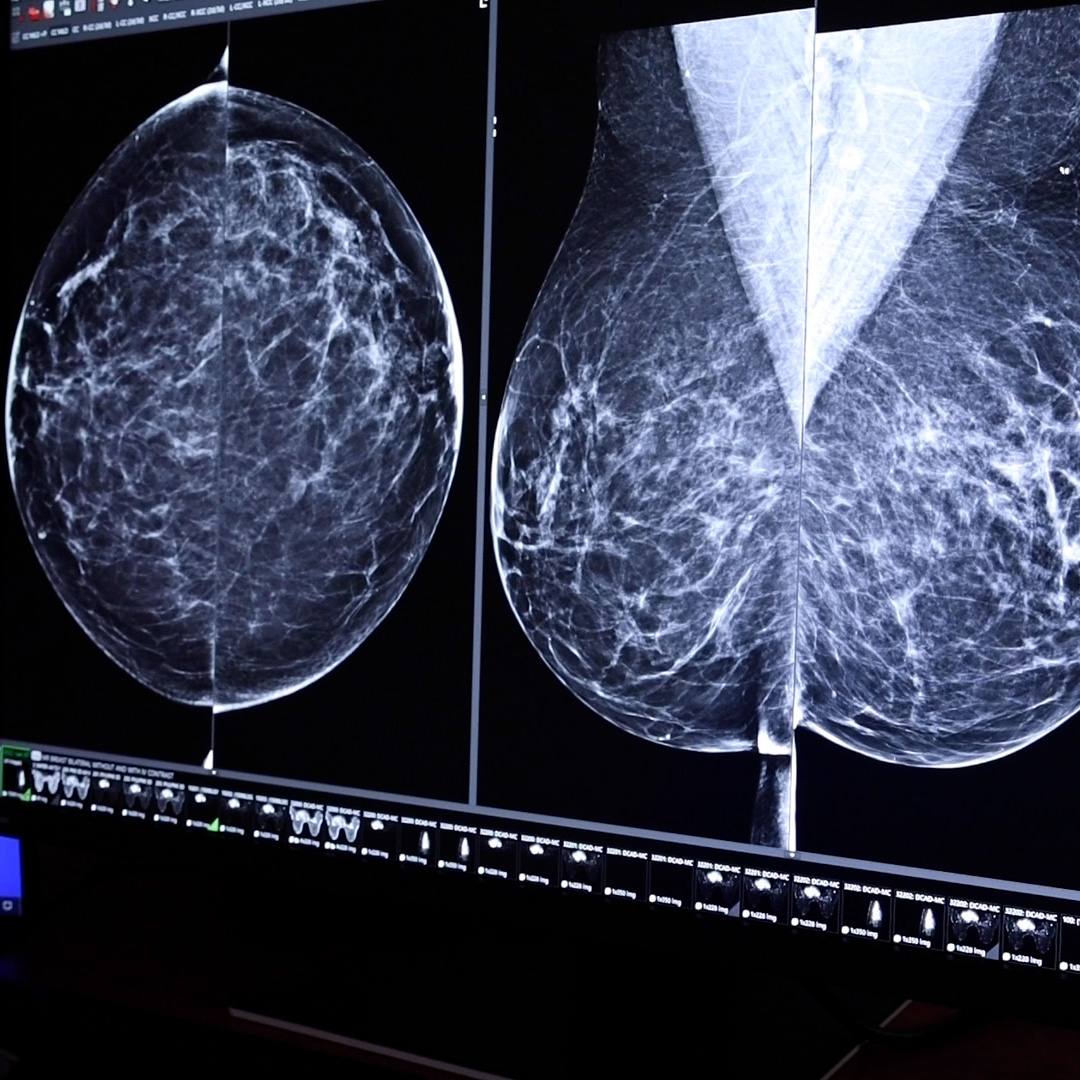-
Mayo Clinic Minute
Mayo Clinic Minute: Reversing a vasectomy
People change their minds. Some men who had a vasectomy to become infertile might decide for whatever reason that they want to have more children. In those cases, vasectomy reversal can be an option.
Journalists: Broadcast-quality video pkg (0:56) is in the downloads at the end of the post. Please "Courtesy: Mayo Clinic News Network." Read the script.
About a half-million vasectomies are performed every year in the U.S. for men who no longer want to have children. And of those, 6% will elect to have it reversed at some point in their lives.
"It's definitely more involved. So vasectomy is a 15- to 30-minute procedure, but a reversal is a 2½-hour to four-hour procedure," says Dr. Sevann Helo, a Mayo Clinic urologist.
The vas deferens tubes carry sperm from the testicles to the semen.
"We're essentially putting those two tubes back together that were initially cut for the vasectomy," says Dr. Helo.
Almost all vasectomies can be reversed, but it doesn't guarantee success in conceiving a child. Pregnancy rates after a reversal range from 30% to 90%, depending on the procedure. And after a vasectomy reversal, there is some recovery time.
"I generally tell patients to take it easy for at least four weeks. That means heavy lifting; straining; strenuous exercise, including sexual activity. So after four weeks, a couple can start trying to conceive," says Dr. Helo.







